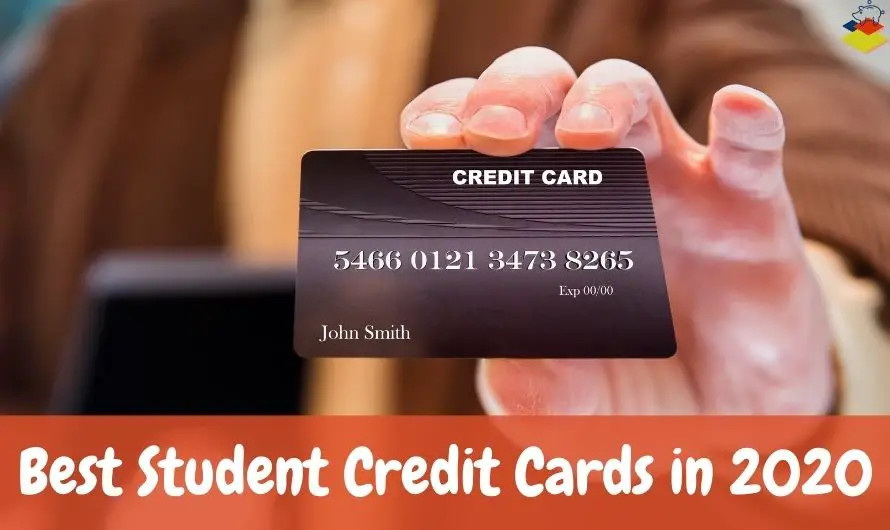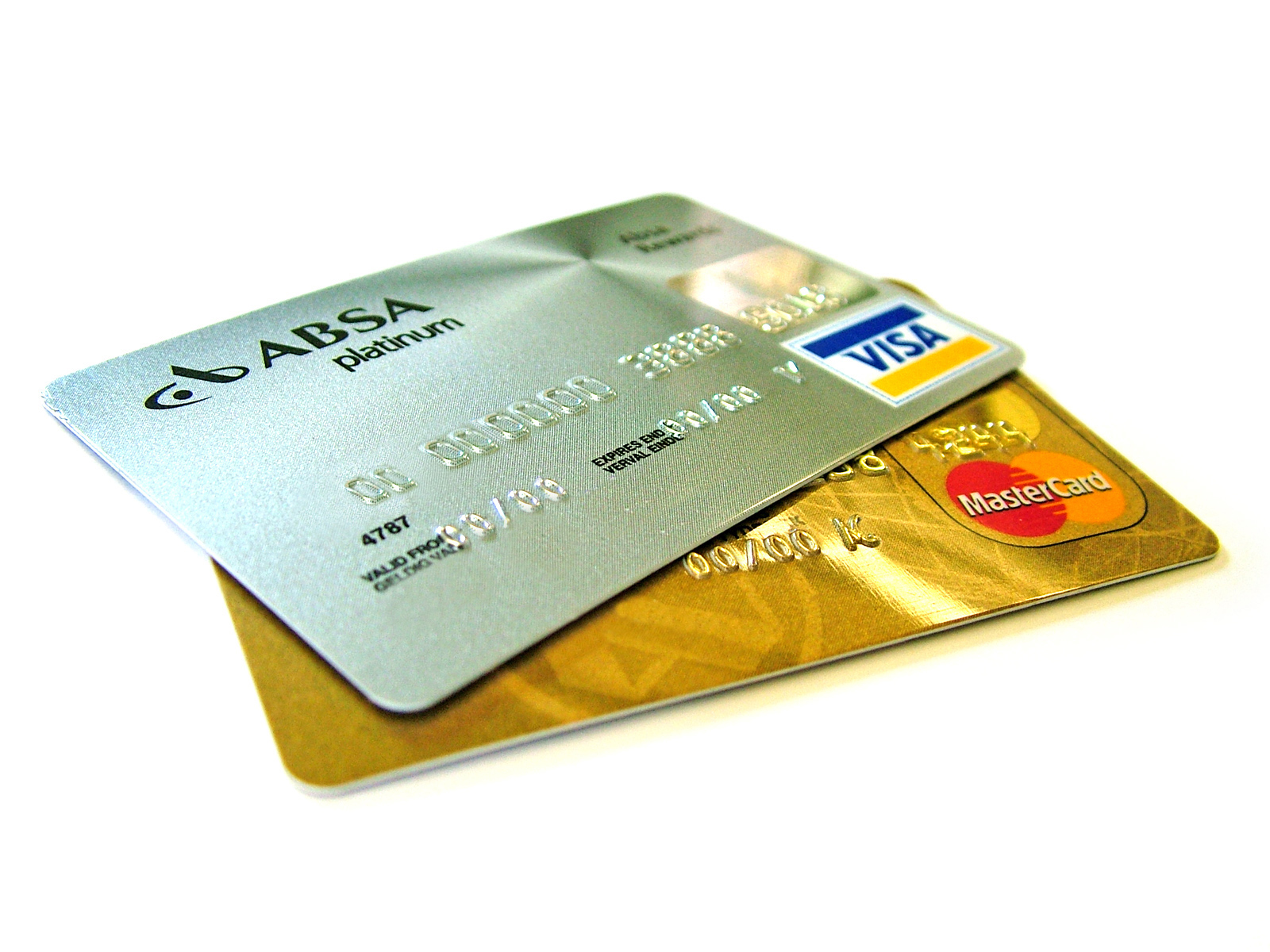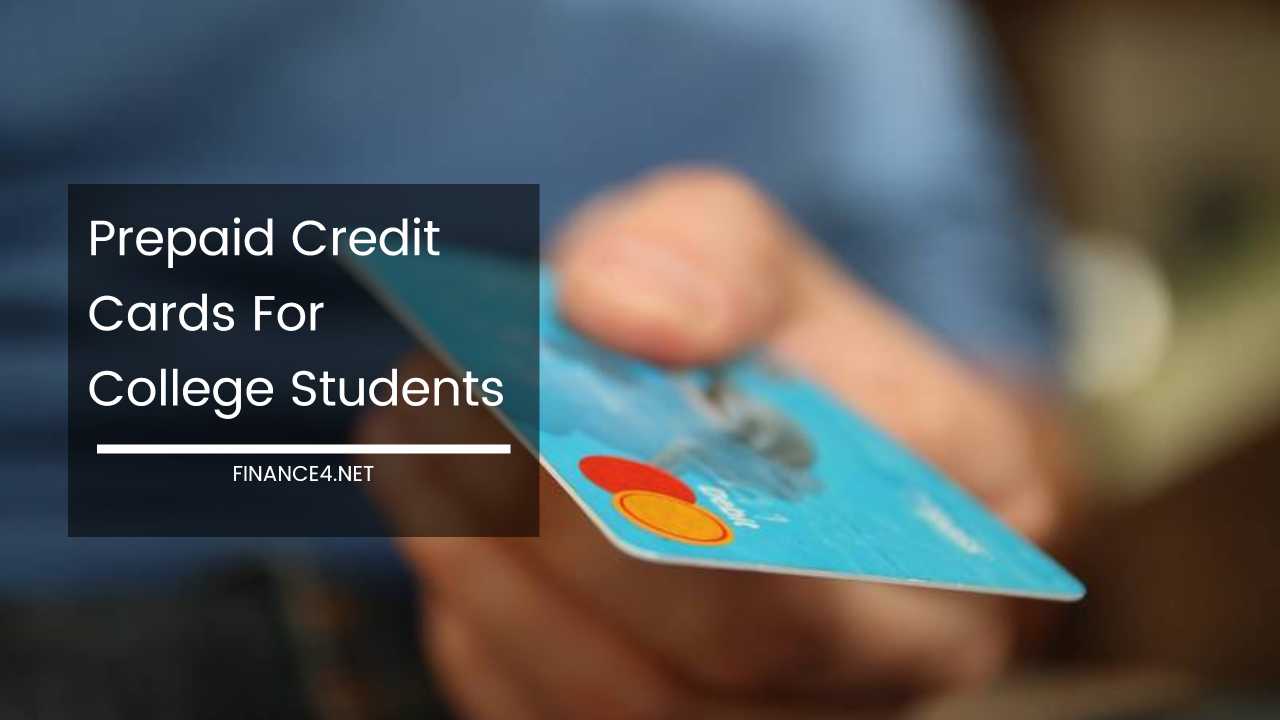Credit Cards: A Guide for Students

Embarking on your college journey is an exciting time, filled with new opportunities and responsibilities. One of these newfound responsibilities involves managing your finances, and part of this might include handling a credit card. Credit cards can offer students significant financial benefits if used wisely, but they can also lead to considerable pitfalls if not managed properly. This guide will take you through the essentials of student credit cards, offering insights into the benefits, potential drawbacks, and smart management strategies.
Understanding Credit Cards for Students

Student credit cards are tailored specifically for individuals embarking on their higher education journey. Here’s what you need to know:
- Lower Credit Limit: These cards often come with a smaller credit limit to minimize the risk for both the issuer and the student.
- Easier Approval: Criteria for approval might be less strict due to recognizing that students have limited or no credit history.
- Rewards and Incentives: Some cards offer rewards designed to benefit students, like cashback on textbooks or campus dining.
- Building Credit: Using a student credit card can help establish and build your credit history, a crucial step towards financial independence.

Benefits of Student Credit Cards

The advantages of having a credit card as a student include:
- Establish Credit History: Using a credit card responsibly is one of the most effective ways to build your credit profile.
- Emergency Funding: Credit cards provide a safety net in case of emergencies when cash reserves are low.
- Rewards and Discounts: Many student cards offer rewards like cashback, discounts, or points that can be redeemed for travel or goods.
- Convenience: They offer a convenient way to pay for online purchases or where cash isn't accepted.
- Fraud Protection: Credit cards often come with zero liability for fraudulent charges, providing peace of mind.

Potential Pitfalls

Here are some of the drawbacks you should be mindful of:
- High Interest Rates: The interest rates on student credit cards can be significantly higher than on standard cards.
- Hidden Fees: Late payments, over-the-limit fees, and other charges can quickly accumulate.
- Debt Accumulation: Without proper management, it’s easy to fall into a cycle of debt.
- Impact on Future Credit: Late or missed payments can negatively impact your credit score.

Choosing the Right Student Credit Card

Selecting the right card involves considering several factors:
- Interest Rates: Look for cards with the lowest possible interest rate.
- Fees: Understand all potential fees, like annual, late payment, and over-limit fees.
- Rewards: If you plan to use the card regularly, find one with rewards that align with your spending habits.
- Approval Chances: Some cards offer pre-approval tools, which can help you assess your chances without impacting your credit score.
| Feature | What to Look For |
|---|---|
| Interest Rate | As low as possible |
| Annual Fee | Preferably none or low |
| Student Rewards | Matched to your lifestyle (e.g., bookstores, campus dining) |
| Approval Criteria | Easier for students with no credit history |


Smart Credit Card Management for Students

Here’s how you can manage your credit card wisely:
- Pay On Time: Ensure you always pay at least the minimum amount due before the due date to avoid late fees and credit score damage.
- Keep Balances Low: Try to keep your balance well below the limit to improve your credit utilization ratio.
- Monitor Your Account: Regularly check your account for any unauthorized or incorrect charges.
- Spend Wisely: Use the card for essential purchases you can afford to pay back immediately.
- Set Up Alerts: Use account alerts to help you stay on top of payments and spending.
- Avoid Cash Advances: These come with high fees and interest rates; avoid them unless absolutely necessary.
💡 Note: Remember, your credit card is not free money; it’s a tool for managing finances. Use it wisely to set yourself up for a healthy financial future.
As you approach the end of your journey through credit card management as a student, it's vital to recognize that this is not just about managing money; it's about building a foundation for financial wellness. Credit cards, when used correctly, can be a stepping stone towards better financial literacy and independence. By understanding their benefits, potential pitfalls, and employing smart management strategies, you'll set yourself on a path not only to graduate from college but also to achieve long-term financial stability.
What are the signs that you should get a student credit card?

+
Look for signs like needing to establish credit history, needing emergency funds, or wanting to earn rewards on regular purchases.
How can I improve my chances of getting approved for a student credit card?

+
Consider a card with easier approval criteria, maintain a checking or savings account, have a part-time job, or be a student with income or scholarships. Also, ensuring that you have a stable income or a co-signer can help.
Can a student card affect my financial aid?

+
Yes, but indirectly. Credit cards can impact your student loan borrowing if your creditworthiness affects your aid eligibility. However, the card itself doesn’t directly change your financial aid status; it’s your credit score and credit history that might do so.
What should I do if I’m struggling to manage my credit card?

+
Seek advice from your university’s financial aid office, consider speaking with a financial counselor, or look into credit counseling services. Always review your card agreement to see if there are any hardship programs available.